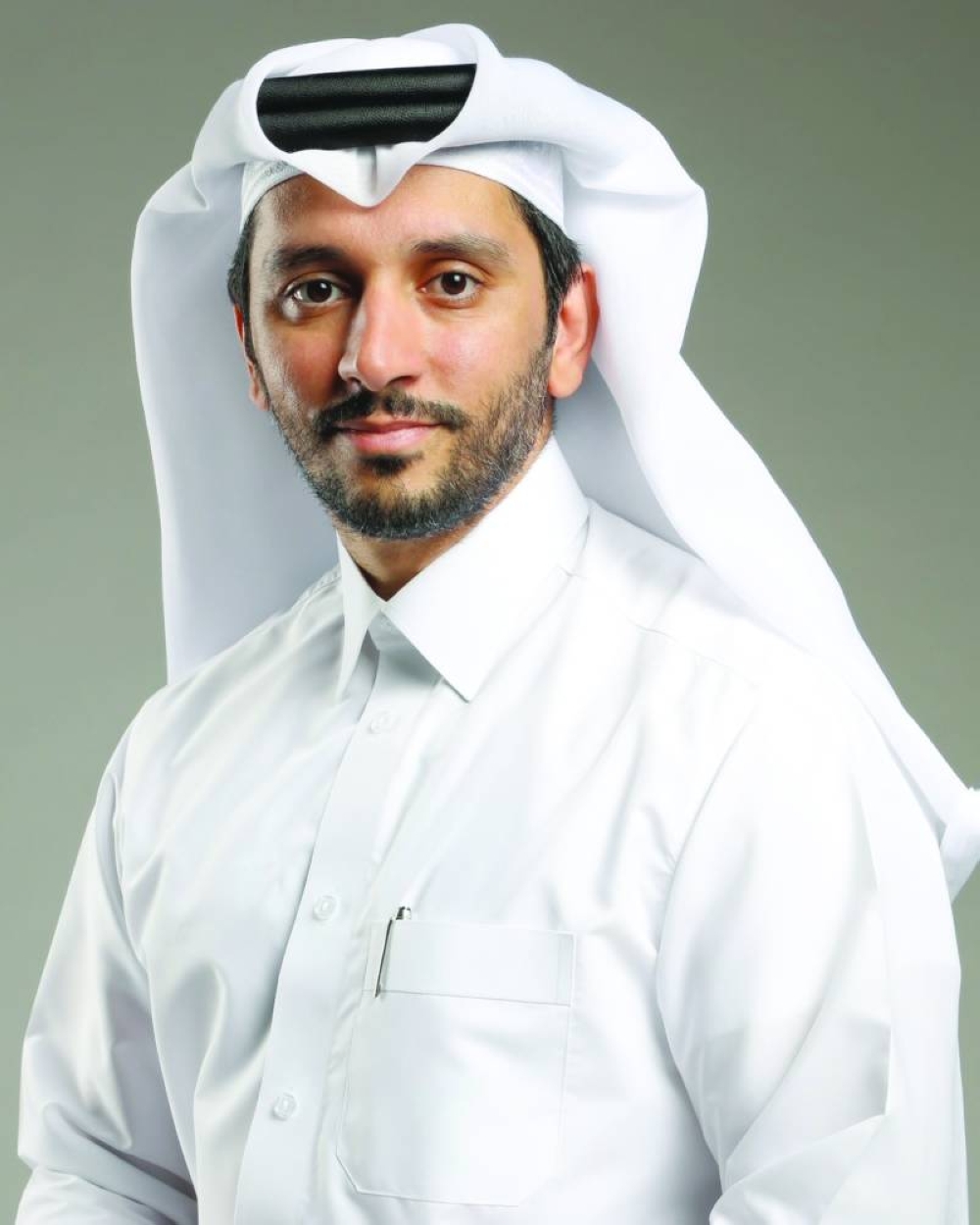Yet it would be wrong to suppose that the visit to the Gulf in mid-May, which included a visit to Qatar, was mostly about pomp and flattery, or even that it was just about deal-making. There were substantive diplomatic and strategic matters to discuss, while the economic deals involved were substantial.
Part of the President’s strategic aim is to reduce the USA’s security commitment and expenditure overseas. For this to be effective, it helps to have reliable partners. The US values the role of Saudi and Qatari leaders in acting as mediators between warring parties in Israel-Gaza, and Ukraine-Russia. In both cases there is little sign of progress, but President Trump is not the first western leader to find progress in such entrenched conflicts elusive.
A significant diplomatic headline from this visit has been President Trump’s announcement of an ending of sanctions on Syria, after 45 years – prompting celebrations in the country. This followed the lead of Gulf states in recognising the regime of President Ahmed al-Sharaa who came to power after the toppling of President Bashar al-Assad’s regime in December last year. The announcement came after President Trump spoke with President Recep Tayyip Erdogan of Turkiye and Crown Prince Mohammed bin Salman of Saudi Arabia.
Nonetheless, the trade deals announced during President Trump’s Middle Eastern tour are substantial. Qatar Airways agreed a huge aircraft order with Boeing and GE Aerospace, consisting of a $96bnb agreement to acquire up to 210 US-made Boeing 787 Dreamliner and 777X aircraft powered by GE Aerospace engines, the White House announced. This is Boeing’s largest-ever widebody order and largest-ever 787 order.
In March this year Badr Mohammed al-Meer, the chief executive of Qatar Airways, said that the airline plans to increase capacity from 50mn passengers per year to 80mn by the end of the decade. At the time, he was considering both Boeing and Airbus for new orders.
Also on his tour, President Trump visited the Al Udeid US Air Base in Qatar, where he made a speech.
Another announcement from the Gulf visit is that Saudi Arabia concluded an arms deal from the USA worth $142bn, in addition to a commercial investment package in the US of $600bn.
Also of significance was the strengthening of links between the US and Gulf states in AI and related technologies. Alongside the President’s entourage were the most important business leaders in the USA, including from investment and technology sectors. They included Larry Fink of BlackRock, Sam Altman of OpenAI, Elon Musk of Tesla and SpaceX, and Jensen Huang, CEO of Nvidia.
Both Saudi Arabia and the United Arab Emirates signed deals giving them access to the advanced chips produced by Nvidia and AMD required for advanced artificial intelligence (AI) applications. Nvidia will sell more than 18,000 of its latest AI chips to the Saudi company Humain, Nvidia’s CEO Huang confirmed during the visit. This is part of a strategic partnership between the two companies. Humain is investing in what the two companies describe as ‘hyperscale’ data centres, intended to be a foundational infrastructure for training and deploying sovereign AI models at scale. The aim is that this will enable companies in Saudi Arabia and elsewhere ‘to accelerate innovation and digital transformation’.
The Trump administration has rescinded the Biden-era diffusion rule, which restricted export of high-end chips, including to Middle East countries, with the aim of limiting the potential diffusion of US technology to enemies of the US. This risk has diminished as China’s AI and chip technology is now similarly advanced, so export restrictions would increase the chance that countries would source the technology from China instead.
AMD will supply chips and software for data centres in Saudi Arabia and the United States in a $10bn project, according to a joint announcement by Humain and AMD. President Trump and Sheikh Mohamed bin Zayed al-Nahyan, President of the UAE, attended the unveiling of Phase 1 of a planned 5GW AI campus in Abu Dhabi, the largest outside the US.
From the Gulf states’ point of view, it makes sense to remain allies of the USA, for both security and commercial reasons. There is little of the tensions over trade that characterise the US-China relationship, and both sides see the alliance as bolstering security.
It is significant that President Trump made the Gulf states his first destination for a formal visit, rather than western nations such as Canada, Mexico or European countries prioritised by previous US presidents. He did not visit Israel. This shows that he regards the Gulf nations as of fundamental importance in terms of both strategic alliance and economic opportunities.
The author is a Qatari banker, with many years of experience in the banking sector in senior positions.

